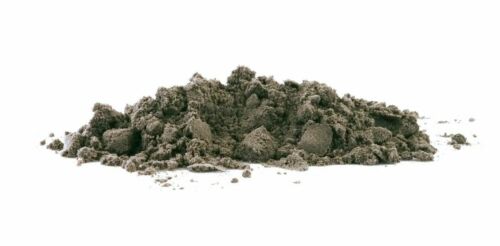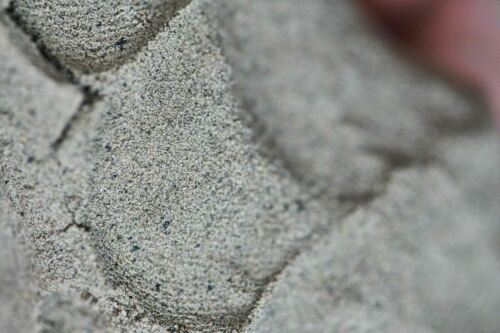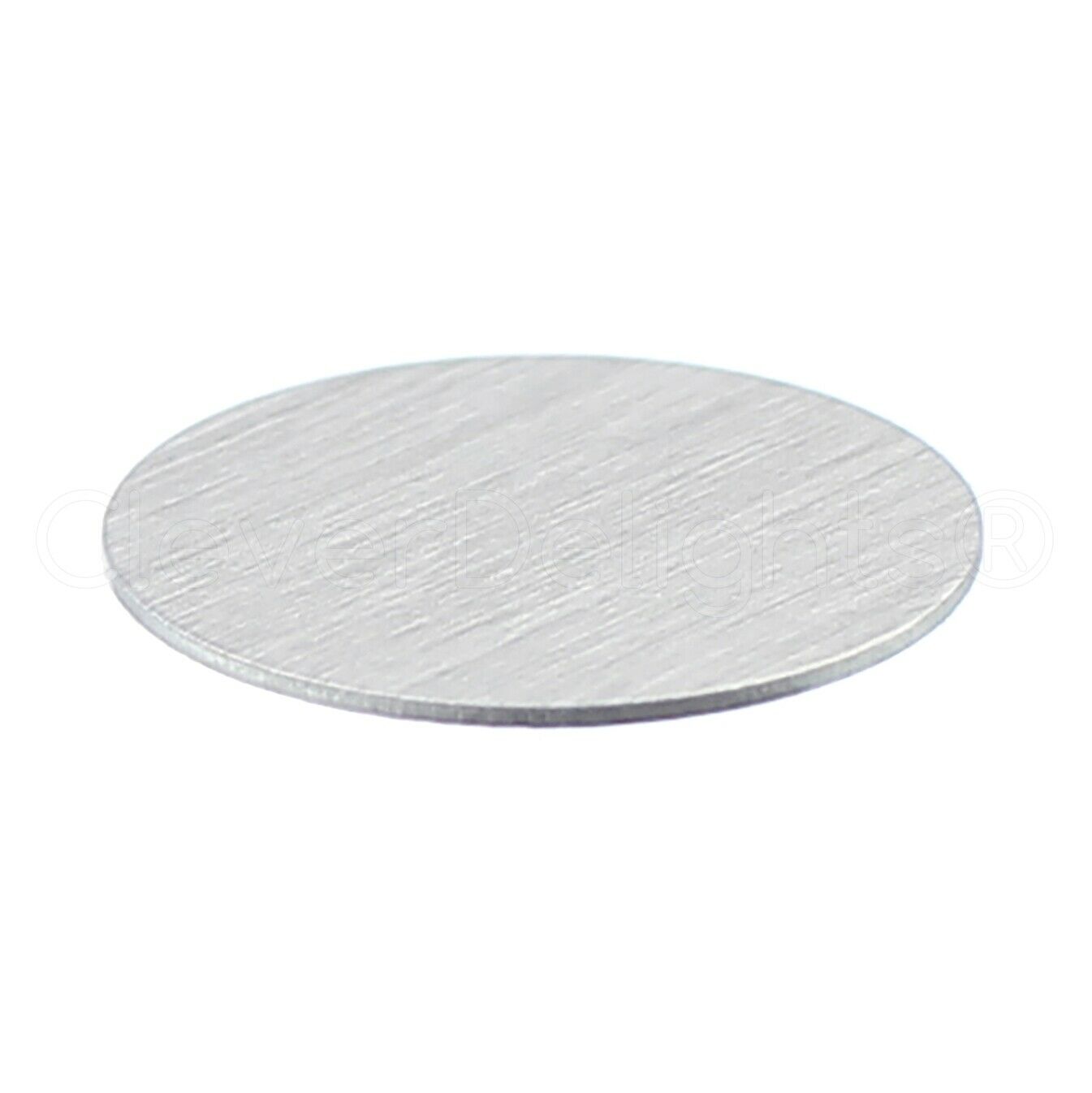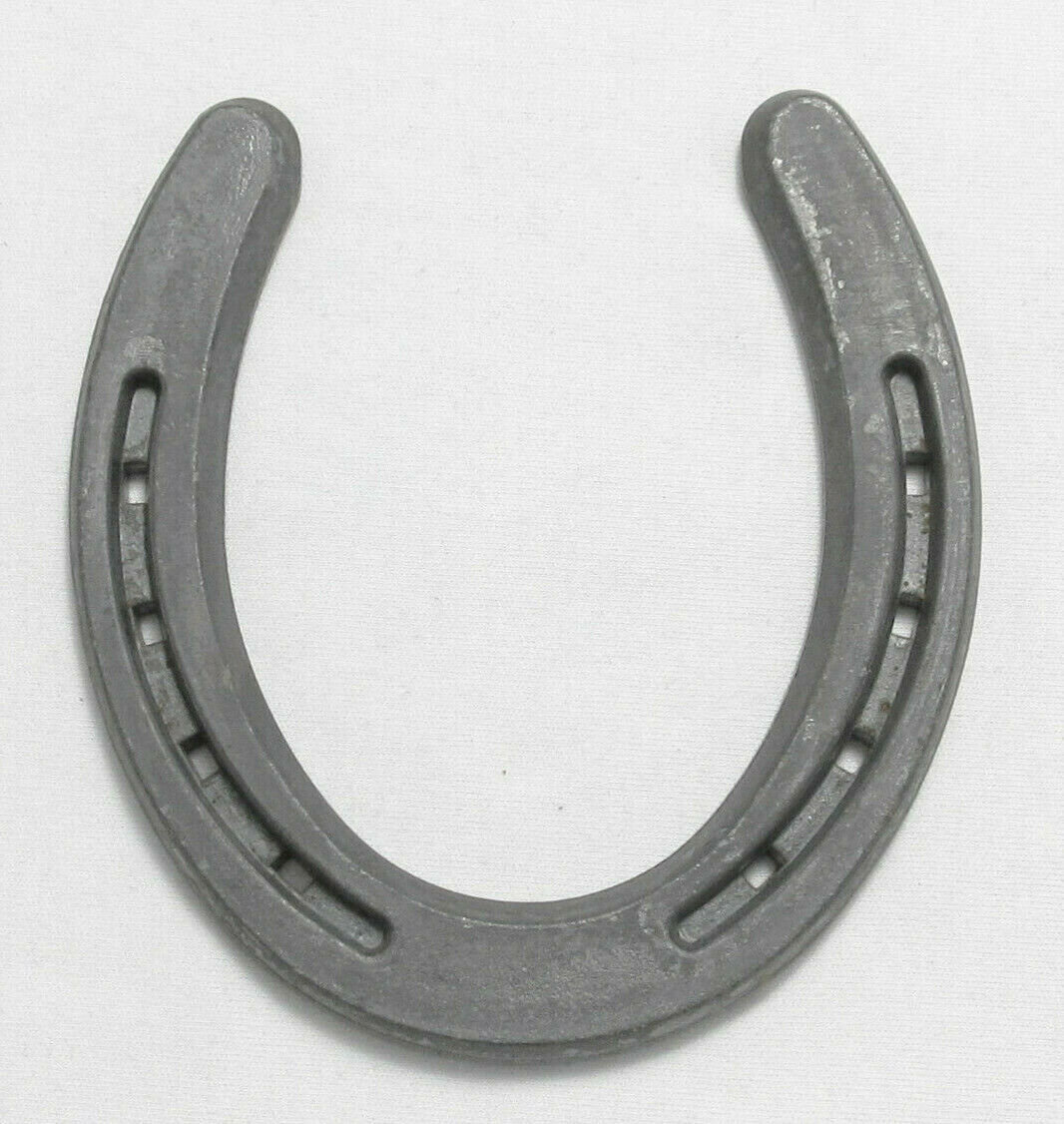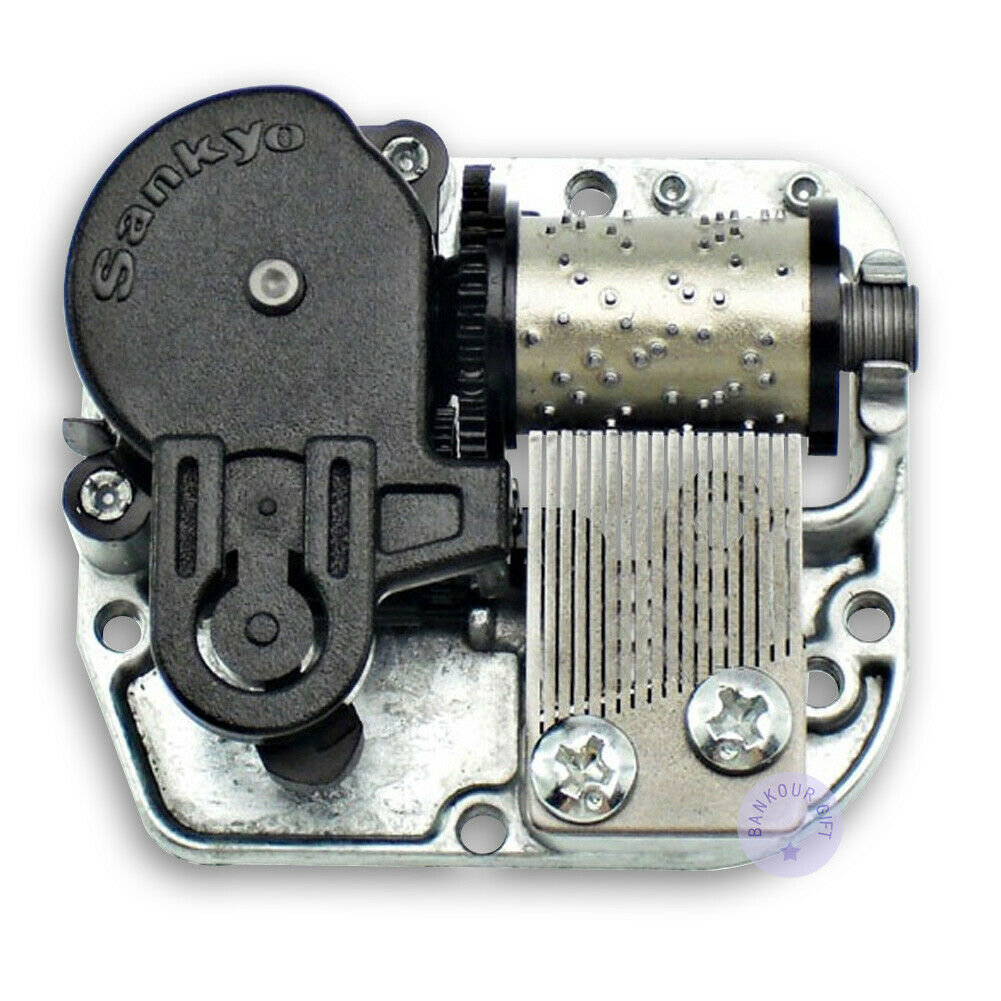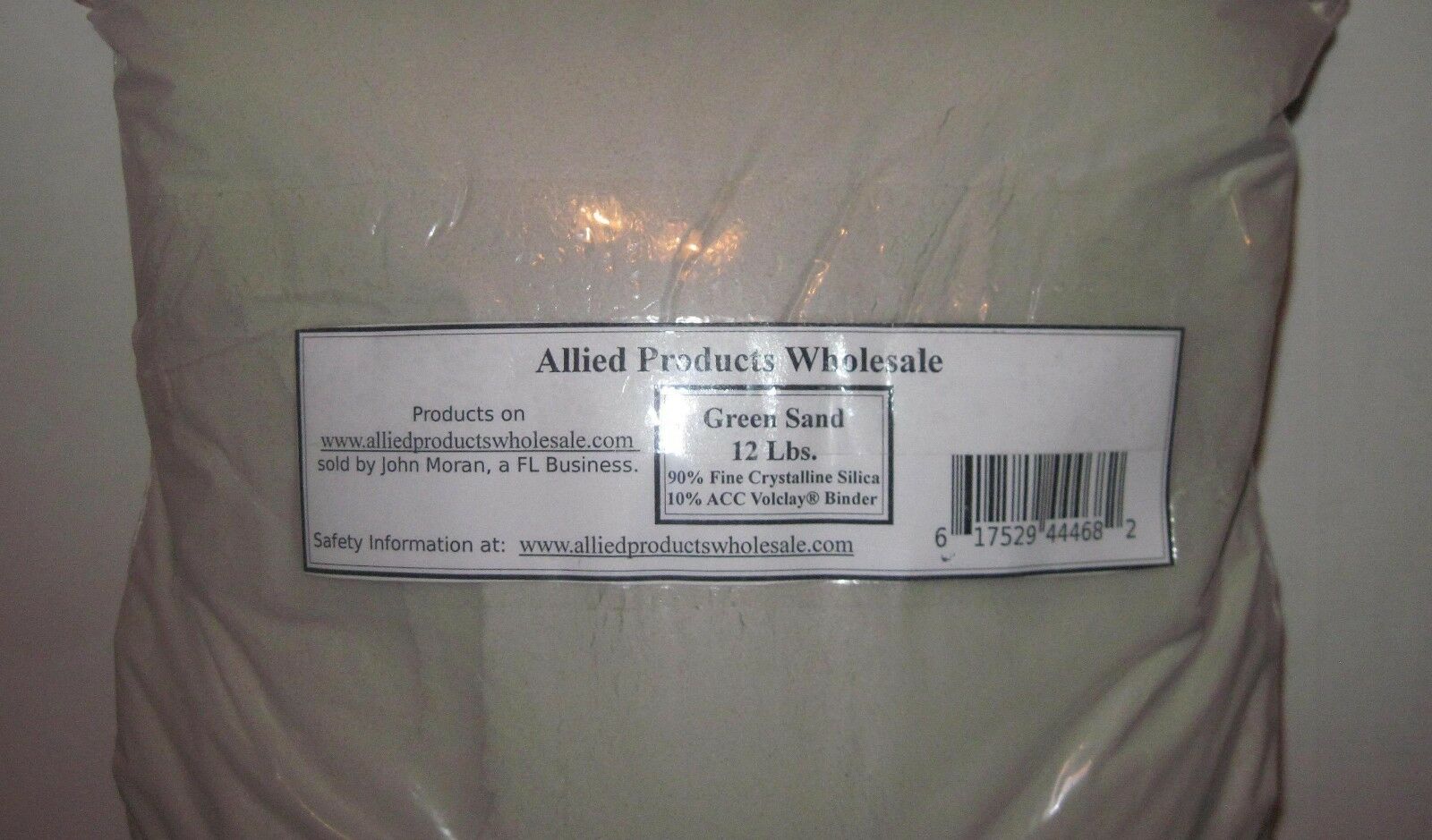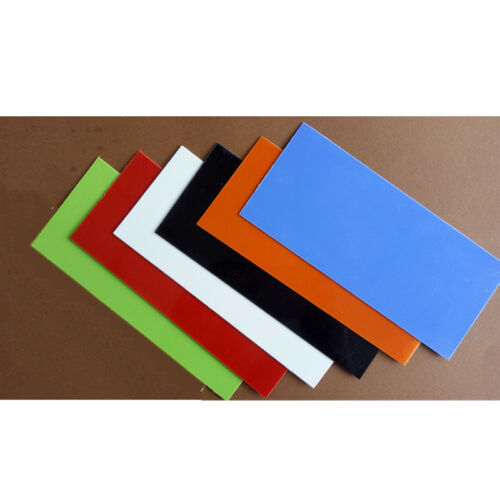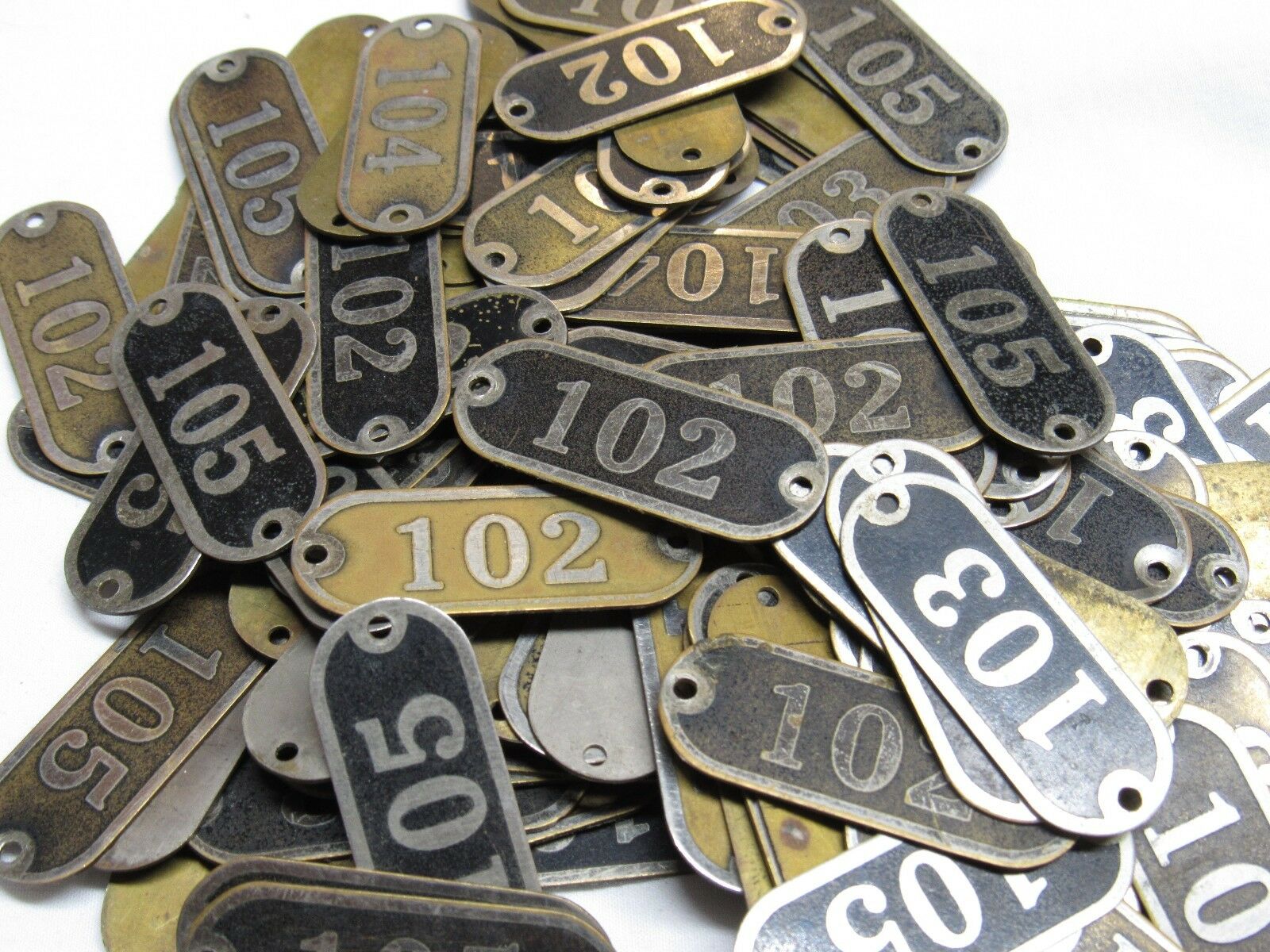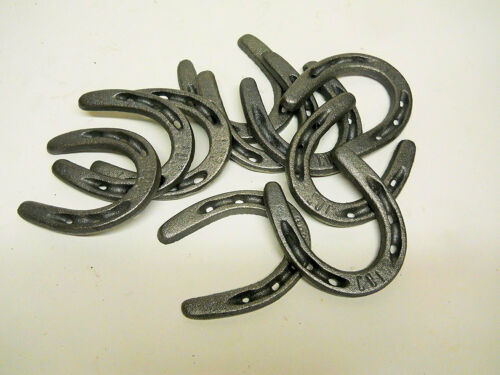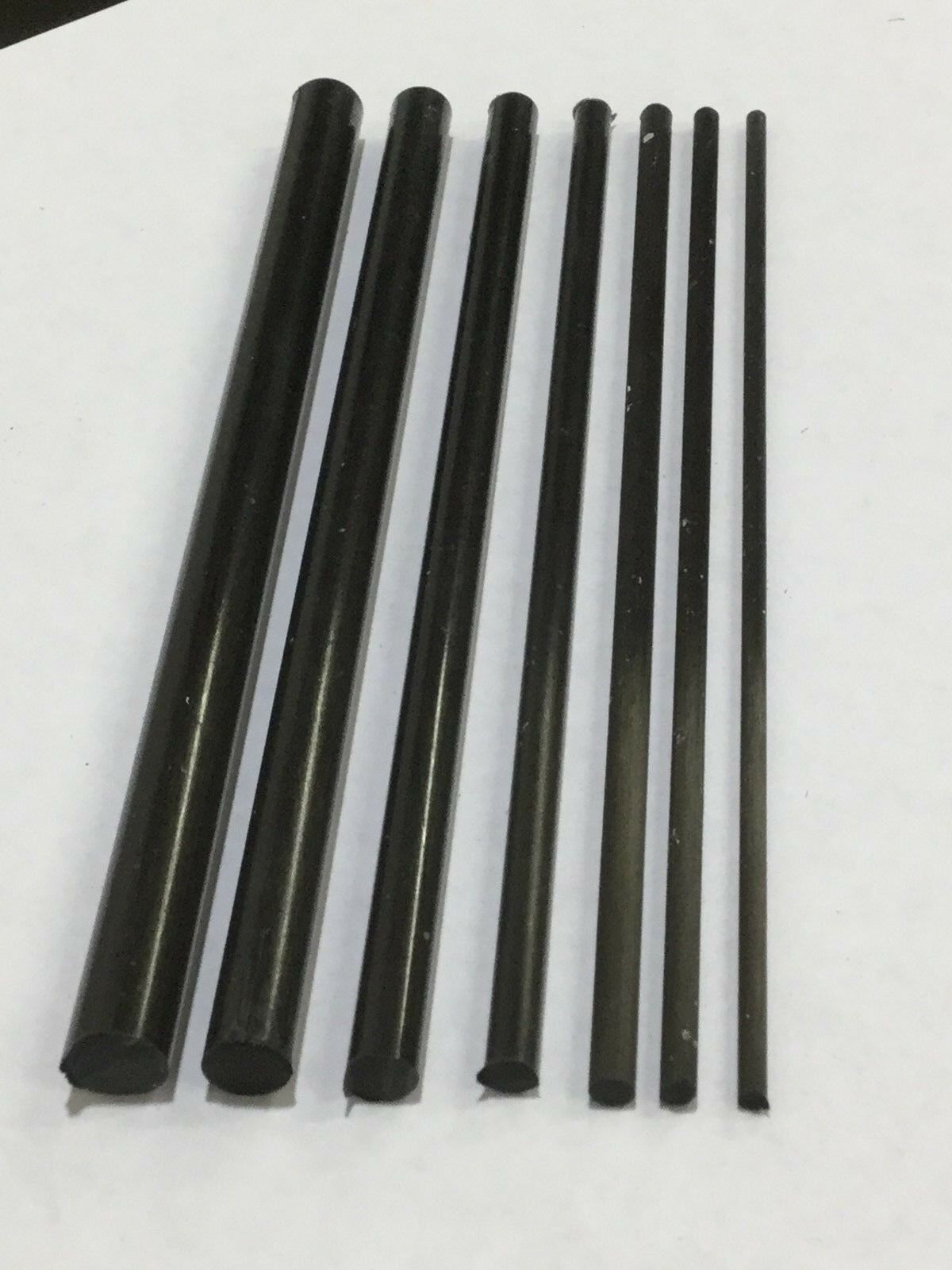-40%
Foundry Green Sand Olivine--180 MESH SUPER FINE--48lb BOX--for metal casting
$ 45.93
- Description
- Size Guide
Description
50lb Foundry Green Sand Olivine--180 MESH SUPER FINE--for metal casting48lb Foundry Green Sand Olivine--180 MESH SUPER FINE--for metal casting
Features
Reusable (no black crust or other loss like oil-bonded sands)
Olivine is safer than silica (still has some silica due to binder clays)
Olivine gives better finish and longer service life than silica
Custom formulation for small shop use with hand tools. We don't sell sand formulated for industrial-scale foundries.
Water-bonded formula is usable on the largest range of low and high temp metals--Pewter/Zinc to Cast Iron
PRE-MULLED: 100% ready to use (not merely pre-mixed--this is important)
Selection Criteria
Mesh Size
Generally, 180+ mesh is intended as a facing sand, except for with very small items (less than a couple inches in size).
Our 120/130 mesh products are more appropriate for general-purpose use for larger items (up to several pounds and beyond)
A two component system will give better performance than either sand alone in most circumstances.
Binder System
Select water-bonded sands (Teton-Black) if priority is on 100% reuse, cost, and ability to work at high temps (ferrous metals).
Select oil-bonded sands (Teton-Bond) for ultimate surface finish and green strength.
Application Notes
Facing Sand Applications
Facing sand is simply a layer of sand that is placed on the surface of a pattern to help increase detail. The thickness of this facing layer could be anywhere from .125" to 1" or more depending on the circumstances. Facing sand is backed up with another, more coarse sand. Using the sand this way improves mold permeability while still capturing very fine detail and limiting cost. Often the combination delivers superior results to either sand used alone. A good starting point for many more detailed, smaller item uses would be this 180 mesh sand applied as the facing layer along with our 120 mesh Olivine as the backing sand. For very large castings, coarser backing sand would be used.
In many cases, using this as a primary molding sand (especially larger items) is likely to give less than ideal results due to lack of mold permeability. Our 120 mesh Olivine is generally a better choice for many types of entry-level foundry work (cheaper, breathes better). However, for those looking for the best surface finish possible this sand provides the means to do that.
Hybrid Mesh/Sand Mesh Refinements
This sand may be mixed with other, coarser sand in order to create a sand with handling characteristics similar to the average of the two sands. So, taking a 25lb box of our 120 Teton-Black Olivine and a 25lb box of this Teton-Black 180 can give you a sand that handles approximately like 150 mesh, though technically it is a hybrid-mesh sand.
Product Density
Volume of 25lbs sand is approximately 500 cubic inches (fills a 11" X 8.5" X 5.5" box, moderately rammed)
Water Content/Maintenance
We try to ship this sand with close to ideal water content. Sometimes, this doesn't work out perfectly and you may need to add water to this sand before use. For small amounts, using a spray bottle with a fine mist works well to add moisture. Mixing well with hands or a shovel and allowing to stand covered overnight is the best way to spread the moisture. Generally, the aim is to add the least amount of water possible to develop green strength. This limits the amount of gas (water vapor) evolved when the molten metal contacts the mold surface. This in turn will optimize the surface finish and casting quality possible from this sand.
As a general test of this sand, when at the proper moisture content, it should clump aggressively and present obvious resistance to breaking when squeezed by hand. It should not leave moisture on the hands, leave sticky clumps, or feel clay-like--this is too much water. Also, keep in mind that Olivine tends to be able to develop green strength with less water than Silica so use care to not add too much moisture.
If you happen to add too much moisture, simply spreading the sand out and allowing to dry will fix it.
If the sand is dried all the way and become powdery, there is no need to remull--the clay coating formed in the mulling process is not removed by simple drying. You can simply add water as described above and it will work again (it may take a little while to wet out though).
In spite of this sand being formulated for long-life, with frequent use, there will come a point where it needs to be remulled. Basically, it will not develop adequate green strength even with proper moisture content due to the breakdown of the clay coating that sticks the sand particles together. On the plus side, Olivine tends to do well through multiple mulling cycles unlike Silica (which tends to be damaged and physically break down relatively quickly).
Safety
The Olivine this sand is made with is safer than silica sand but the clay binders in this sand still contain small amounts of free silica which is a carcinogen and is also tied to other health effects (particularly breathing-related). So, please use appropriate precautions--especially don't breathe dust or allow others to become exposed to dust through your actions (e.g. tracking it inside living/office areas). Read and understand all product labeling before using. Also, we do provide safety data sheets on request--message us.
Disclaimer
Foundry work is highly rewarding but also tends to be hazardous. Particularly, burns tend to be an issue but many other hazards are possible including poisonous metal fumes, fuel explosions, carbon-monoxide poisoning, steam explosions from moisture, etc. Professional-level expertise is required to work with this product safely in a foundry environment. Be sure to use appropriate safety equipment and seek professional instruction prior to using this product.
Listing and template services provided by inkFrog
